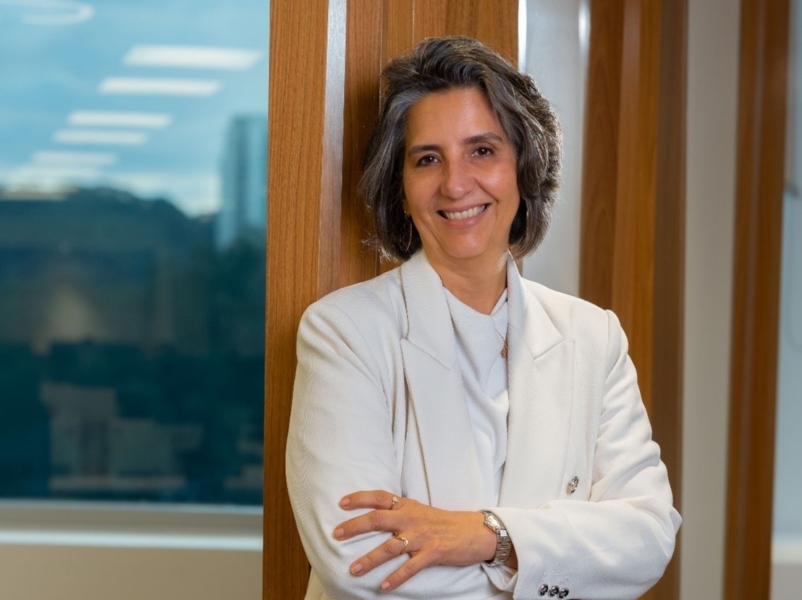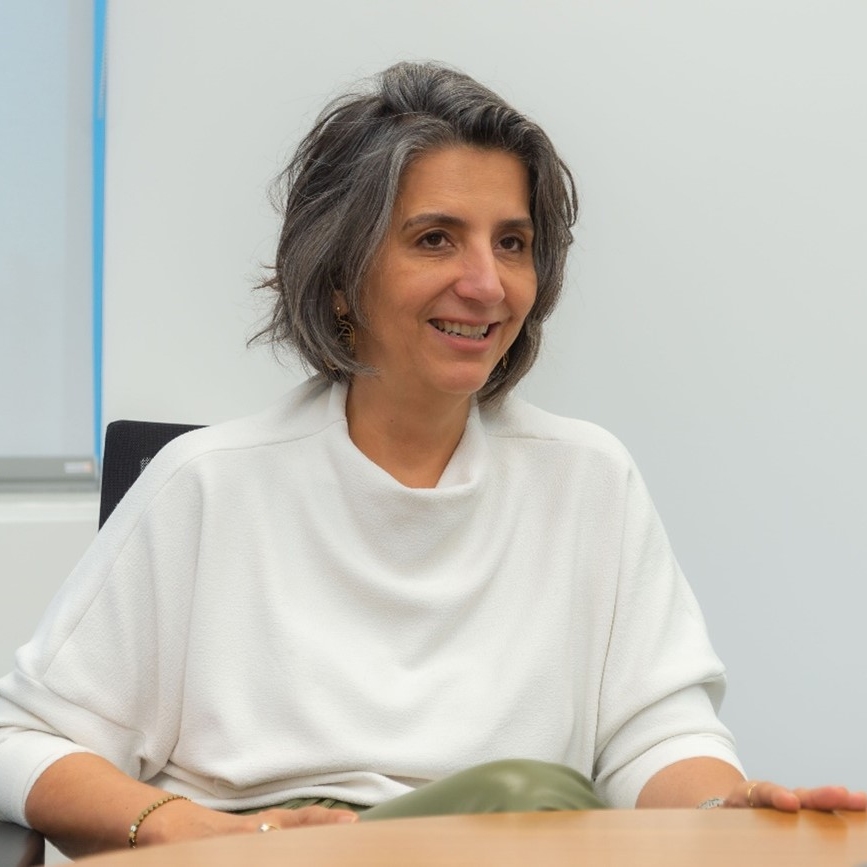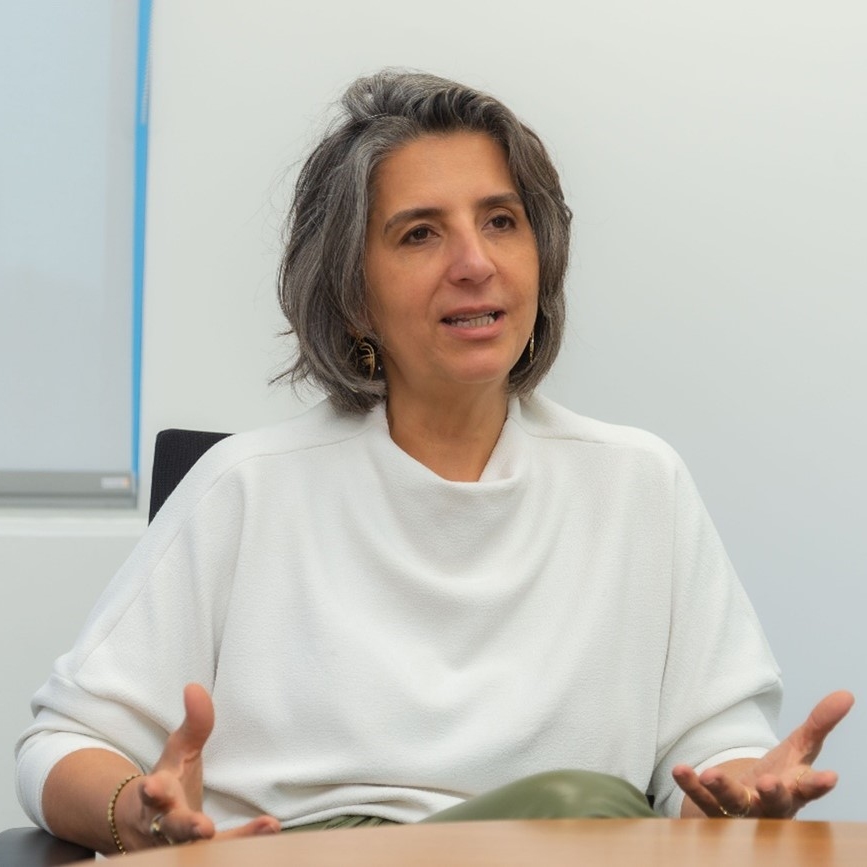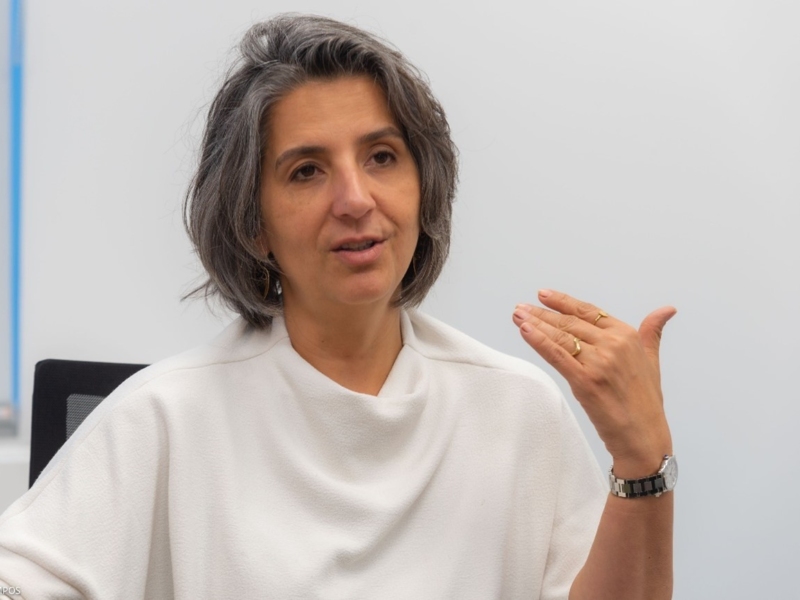
Grazielle Parenti built her career, spanning almost 30 years, in the food and agricultural industry. With important stints at BRF, Diageo and Mondelez, the vice-president of Institutional Relations and Sustainability at Syngenta in Latin America accurately analyzes Brazil's image and reputation as a global player in food production, the opportunities that arise and the importance of systems to measure sustainability, fundamental instruments to avoid greenwashing.
But, far beyond focusing on a sectoral perspective, the executive brings valuable reflections, which are useful for any type of organization and economic sector, on reputation management and risk mitigation. “If you do it and don’t say it, you didn’t do it. You can't just talk, but you can't just do it either. You have to talk”, he reinforces, about a crucial element in building reputation, that is, in the public’s perception.
Below, follow the main excerpts from the interview that Grazielle gave to Reputation Feed, at Syngenta’s headquarters, in São Paulo.
“We did a lot and said little or didn’t speak consistently. Communication is constancy and consistency. Maybe we haven’t spoken with the constancy or consistency necessary to build this Brazil brand.”
BRAZIL BRAND CHALLENGE
“Food production in Brazil made a huge leap in 30, 40 years, but the communication part did not move at the same speed as agricultural productivity and this effort that made the country transform from an importer to an exporter. You build reputation by doing, but also by talking. We did a lot and said little or did not speak consistently. Communication is constancy and consistency. Maybe we haven't spoken with the constancy or consistency necessary to build this Brazil brand. What is the brand of food production? This well thought out and planned structuring is our next challenge, and there are a lot of people thinking about it. But how do we come together and do this in a more aligned and consistent way? There is and will not be a discussion about food, agricultural and livestock production in the world, in which Brazil is not included. So, it is very important to have this strong brand and positive reputation.”


COUNTRY DIFFERENTIALS
“We have a lot of good things to talk about. Our energy matrix is a differentiator that our competitors do not have, although they are trying, as we know that investments by the great powers in renewable energy are a reality. When we talk about carbon footprint, sustainable production, food, which can be extrapolated to industry, Brazil comes out of a much more favored place. Where do Brazil's carbon emissions come from? They come mainly from deforestation. If we resolve this issue, we will circumstantially resolve the carbon footprint, and it won't hurt anyone. Nobody has an energy matrix like this, nor can they do this production on a low-carbon scale like we do.”
COUNTRY AND CITY YOU NEED TO GET CLOSER
“There is a lot of myth about agricultural and agricultural production in Brazil. We work with seeds and chemical and biological pesticides, in addition to all digital systems for precision agriculture, but we have to work every day on the issue of myths and truths, because there is a lot of misinformation. To the amazement of us, sometimes, of people with considerable reputations. It's a diligent effort. Bringing the countryside closer to the city is our biggest challenge. How do we want to communicate abroad, if we haven't yet managed to communicate between the countryside and the city? We talk about the agricultural economy, agriculture is growing, but where is agriculture? We are the farmer, (also) We’re in the city.”
“This construction of sustainability with reputation avoids, or tries to avoid, the issue of greenwashing. With facts and data, you build trust and reputation.”
REPUTATION AND SUSTAINABILITY
“Reputation is what you build every day. It's the first thing people think of when they talk about my company, my sector. And she brings a prerogative of innocence when something bad happens. Reputation is based on the confidence you convey regarding good and bad things. And sustainability is increasingly based on measurement, on data, and with this data you build reliability, a confidence in what you are doing. This construction of sustainability with reputation avoids, or tries to avoid, the issue of greenwashing. With facts and data, you build trust and reputation.”
GREENWASHING, MEASUREMENT OF GOALS AND STAKEHOLDER PRESSURE
“There is not yet such a good standardization of many things that we want to measure or do. This ends up harming the easy construction of a sustainability reputation. But there are rankings and institutions that assess what is published, in depth, and provide parameters. And, in addition, there is pressure from stakeholders (for information). Rankings and disclosure of numbers help mitigate (the risks of greenwashing). Digitization also brings evolution. How will I measure the use of inputs, fertilizer, water, how long the sun is exposed to, what is the carbon footprint? These systems are constantly evolving. Everyone is looking for a way to have consistency and quality in data for sustainability issues, because they know that the greenwashing It’s something you have to work every day to avoid.”
SUSTAINABILITY WITHIN THE BUSINESS
“One of the things we believe is that sustainability only exists if there is economic sustainability. Our initiatives and projects have to be good for the producer, for us, for the bank, which is our partner, for the environment, for the community. Then, the financial account closes. If you don't have a financial account closing, these things stop when there comes a time of crisis, of economic change. We work on what we can turn into a business. As we believe that sustainability needs to be within the business, it has to be profitable for the groups involved in the project. I always say that, for a good project, there is no lack of money. There is no money for a project that is not good.”

REPUTATION TO ENGAGE
“For you to engage these partners in your sustainability agenda, you have to be credible enough for them to want to be with you. So, reputation is fundamental. We have the project Revert, which aims to recover one million hectares of degraded pastures for agriculture. How can we do this while maintaining all our high standards of sustainability, preservation and biodiversity? Not an easy task. It is necessary to have the engagement of all parties, measurement and technologies, everything we need to be able to monitor.”
SHARE TO CAPTIVATE
“I like the maxim of communication: if you do it and you don't say it, you didn't do it. You can't just talk, but you can't just do it either. You have to speak. So, I think it's great when we have space to talk about things, because this ends up engaging other people and other companies. If we talk about recovering degraded areas, soon the fertilizer company, the bank, will want to talk to us. Communication has a great power to engage, not only to tell a story, but to bring more people to the same cause.”
Christianne Schmitt is editor of the Reputation Feed
christianne.schmitt@ankreputation.com.br




